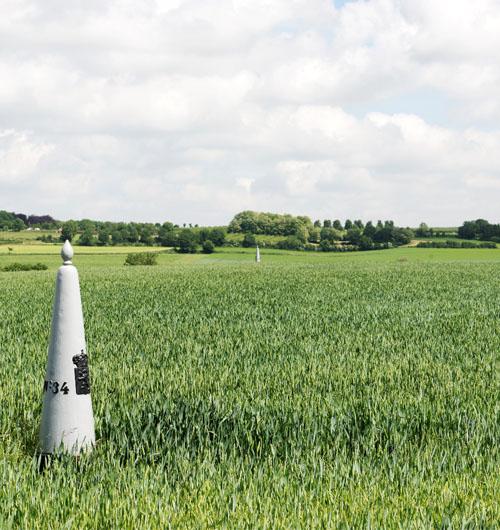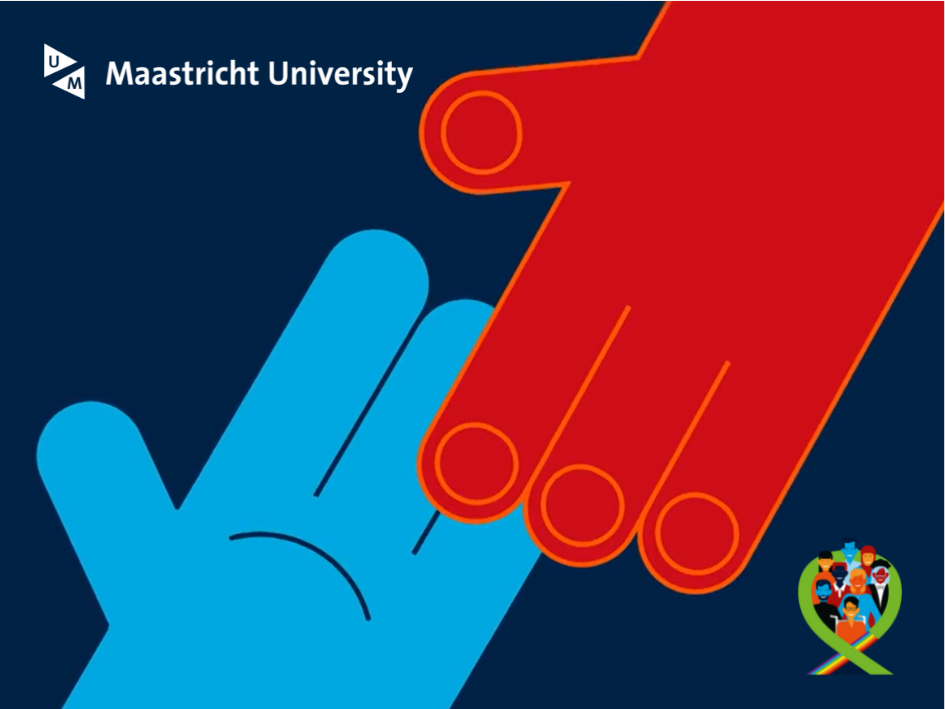Diabetes medicine mistakenly prescribed as first choice
The commonly used diabetes medicine gliclazide appears to have just as high a risk of leading to low blood sugar levels as most comparable medicines for the treatment of adult onset (type 2) diabetes. Yet many Dutch doctors prescribe this medication for their patients, precisely because it is supposed to be less likely to result in a low blood sugar level. 'Our research now shows that the opposite is true', says hospital pharmacist Dr Frank de Vries of Maastricht UMC+. Together with scientists from Utrecht University, he arrived at his conclusion on the basis of research data from more than 120,000 patients. The results were published yesterday in the leading scientific journal British Medical Journal.
When the blood sugar level is too low (also called a hypo), the patient may experience headache, shakiness, dizziness and even a loss of consciousness. This phenomenon occurs at least once per year in one per cent of patients with adult-onset diabetes. The patients themselves can take measures to bring their low blood sugar levels back to normal, for example by drinking fluids that contain sugar. If the symptoms are severe, however, a patient should be admitted to hospital.
Risk
In the Netherlands there are almost 700,000 people who use diabetes medication to keep their illness under control. Gliclazide is one of the most frequently prescribed medications, because it is associated with a reduced risk of having a hypo when compared with other medications. 'Our research results refute this', says De Vries. He and his colleagues analysed data from more than 120,000 British patients who suffered from diabetes mellitus type 2 in the period between 2004 and 2012. This data shows that the chance of having a hypo is 2.5 times higher in gliclazide users. That is comparable with other medications (such as glipizide or glimepiride) and contrary to what the guidelines dictate.
Be alert
The researchers also concluded that gliclazide users with poor kidney function have twice the risk of having a hypo relative to people with healthy kidney function. The package leaflet advises against prescribing gliclazide-like medicines for patients with severe kidney dysfunction. 'Yet it gets prescribed', says De Vries. According to the UMC+ hospital pharmacist, doctors must be more alert: 'Gliclazide medication is certainly valuable in the treatment of adult-onset diabetes, but caution should be exercised when there is any chance of impaired kidney function. Further research will now have to show what the future implications of these research results are for the care of adult-onset diabetes and the current guidelines for medication use.'
This is a pressrelease of the Maastricht Universitair Medisch Centrum (MUMC+).
For more information, see: www.mumc.nl/en.
Also read
-
When breast cancer has spread to lymph nodes in the armpit, extensive imaging studies are performed and tumour characteristics are determined prior to surgical removal. Research initiated at Maastricht UMC+ aims to clarify the extent to which an accurate assessment can be made of possible responses...
-
Unless the EU rules and tax treaties are amended, some cross-border workers will soon have to pay tax in two countries: in their country of residence for hours spent working from home, and in the country in which they work for hours spent in the office. Since COVID-19 has made working from home...
-
On 3 November, Maastricht University (UM) signed Amnesty International's manifesto ‘Let's talk about Yes’. With this, UM will intensify its activities against sexual violence. In doing so, UM will explicitly seek out cooperation with parties that have their own expertise, responsibilities and...


